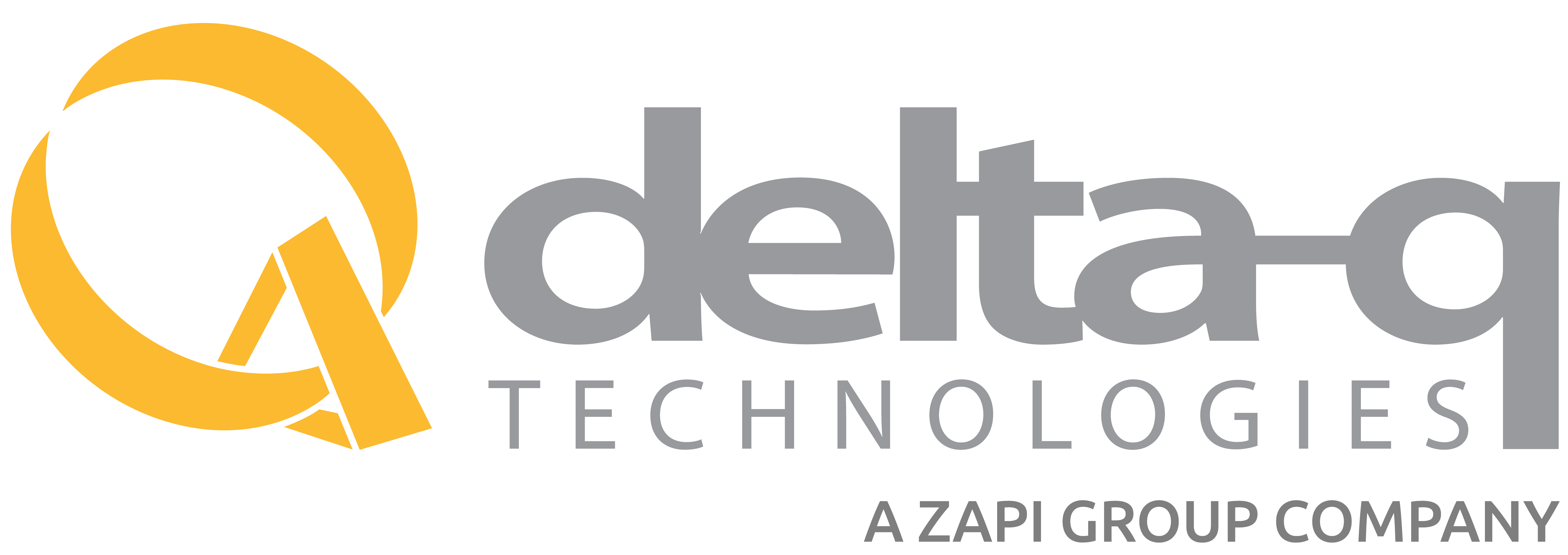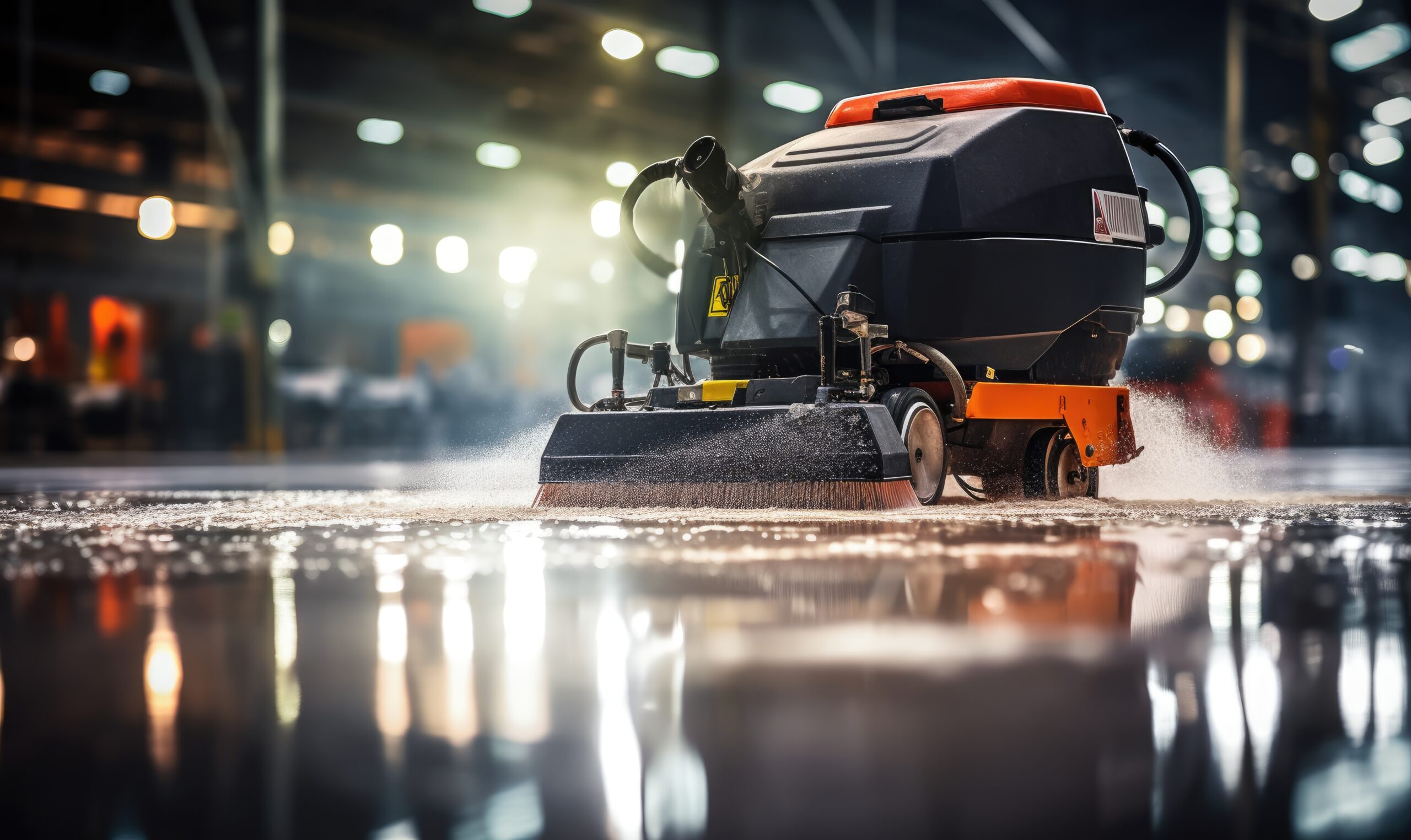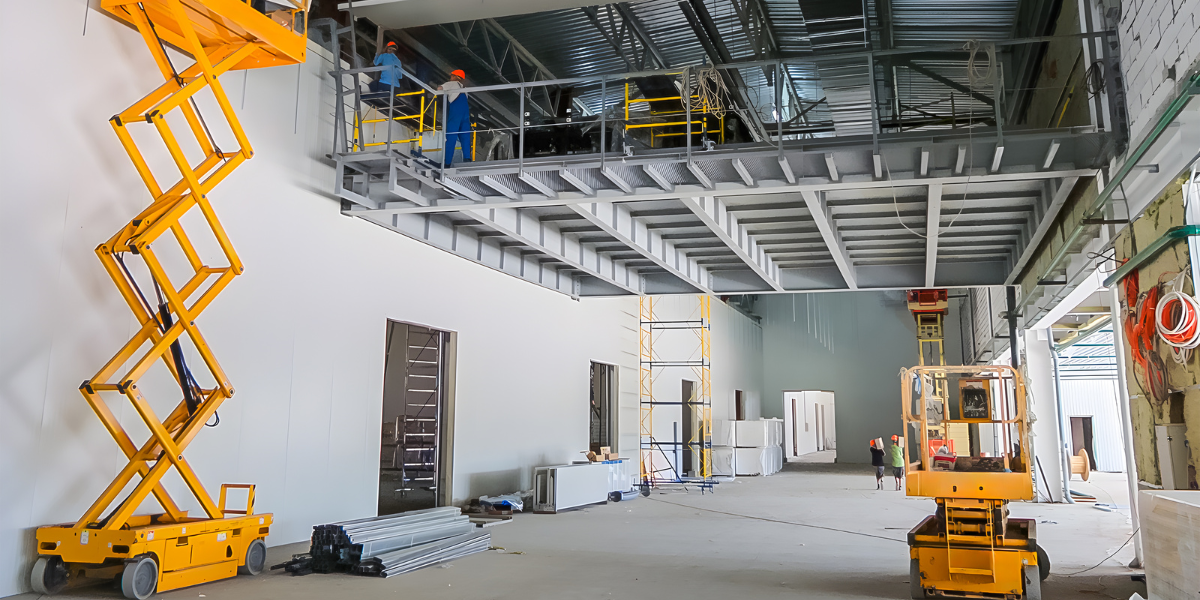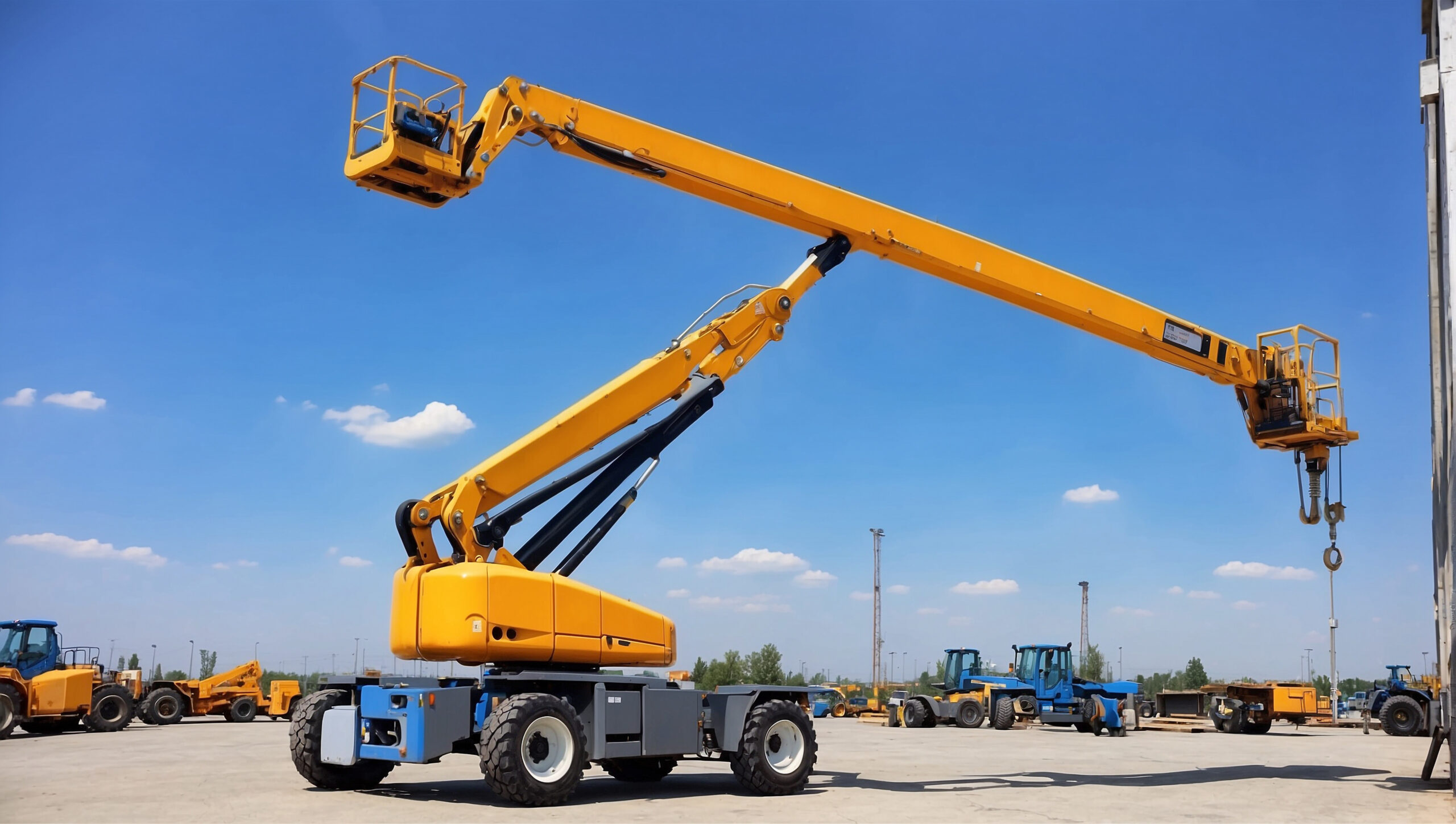Sustainability is moving beyond a buzzword and fast becoming a core priority for industries worldwide. Recent studies highlight that embracing sustainable practices, such as electrification, supports environmental goals and enhances operational efficiency. In the floor care industry, the shift towards electric machines is a game-changer, significantly reducing greenhouse gas emissions compared to traditional equipment.
Numerous challenges and regulatory obstacles surround the transition to electrified cleaning equipment. These include the need for new infrastructure to support electric charging, the high initial cost of electric equipment, and the need for retraining staff to use and maintain these new machines. However, this hasn’t deterred industry leaders and innovators from investing in advanced battery and charger solutions. Mr. Conway Hui, who leads Application Engineering and Customer Support at Delta-Q Technologies, explores these critical developments in the article “Take Charge of Sweeping Environmental Changes” published in Cleaning & Maintenance Management.
The Electrification Movement
Hui notes that the floor cleaning and maintenance industry has substantially shifted towards electrification. Grand View Research cites this trend as a critical factor behind the 8.5% compound annual growth rate (CAGR) in the global floor cleaning equipment market since 2019. Advances in artificial intelligence (AI), autonomous mobile robotics, and cloud-based fleet management systems are further accelerating this transition.
Overcoming Challenges with Innovative Solutions
The transition to electrification is more than just replacing traditional power sources; it’s about rethinking how cleaning equipment is powered and managed. Hui emphasizes that simply adopting an electrified fleet is not enough—the real challenge lies in optimizing the efficiency and longevity of these electric machines. Delta-Q Technologies provides three essential steps to ensure electric machines drive sustainability from the ground up:
- Maintain Batteries for Efficiency: Battery condition is crucial for sustainable operations. Regular checkups and maintenance prevent energy waste and reduce the indirect carbon footprint. Hui recommends best practices such as cleaning battery components, storing unused batteries at room temperature, and using battery management systems for lithium batteries.
- Choose a Reliable Charger: Modern battery chargers often feature complex designs, making them difficult to repair and increasing electronic waste. Delta-Q’s long-life chargers are designed for simplicity and repairability, aligning with sustainability goals and reducing operational costs.
- Ensure Battery-Charger Compatibility: Compatibility between batteries and chargers is vital for maximizing efficiency. Hui advises verifying the battery’s chemistry type, ensuring the charger supports the battery’s voltage and capacity requirements, and meeting regulatory standards for energy efficiency.
Indirect Impact on Carbon Footprint
While batteries and chargers don’t emit carbon directly, they significantly impact overall electricity consumption. Enhancing battery and charger efficiency helps reduce Scope 2 and Scope 3 emissions, defined by entities like the World Economic Forum and the U.S. Environmental Protection Agency. Additionally, the production and disposal of batteries and chargers can have significant environmental impacts, including the release of harmful chemicals and the generation of electronic waste. Delta-Q’s solutions play a crucial role in diminishing electricity demand and mitigating these environmental impacts.
The Future of Eco-Friendly Floor Cleaning
Hui’s article underscores that achieving sustainability in floor cleaning equipment involves more than just adopting electric models. A comprehensive approach is required to power and maintain these machines. Delta-Q’s reliable battery and charging solutions ensure better performance, reduced operating costs, and improved equipment longevity, all while advancing sustainability goals.
Why Read This Article?
This article offers a relevant and insightful viewpoint for floor care industry professionals and those interested in sustainable practices in the electric vehicle space. Conway mentions electrification trends, practical advice on battery and charger maintenance, and a broader understanding of the environmental impact and sustainability.
About Conway Hui

Conway is the Director of Sales Application Engineering & Customer Support at Delta-Q Technologies. Conway joined Delta-Q in 2006 and has since grown with the company, developing strong values-based leadership, organizational planning, and complex decision-making skills. His extensive knowledge as a Registered Professional Engineer is a valuable asset in leading Delta-Q’s global Sales Application Engineering Team and all of the company’s Customer Support functions. These Customer Support functions include technical support, warranties, and field issues. In addition to his experience at Delta-Q, Conway has worked in early mobile data systems, automotive emissions and testing, industrial control system design, and the commissioning of medical cyclotrons and holds a Bachelor of Applied Science degree from the University of British Columbia.




